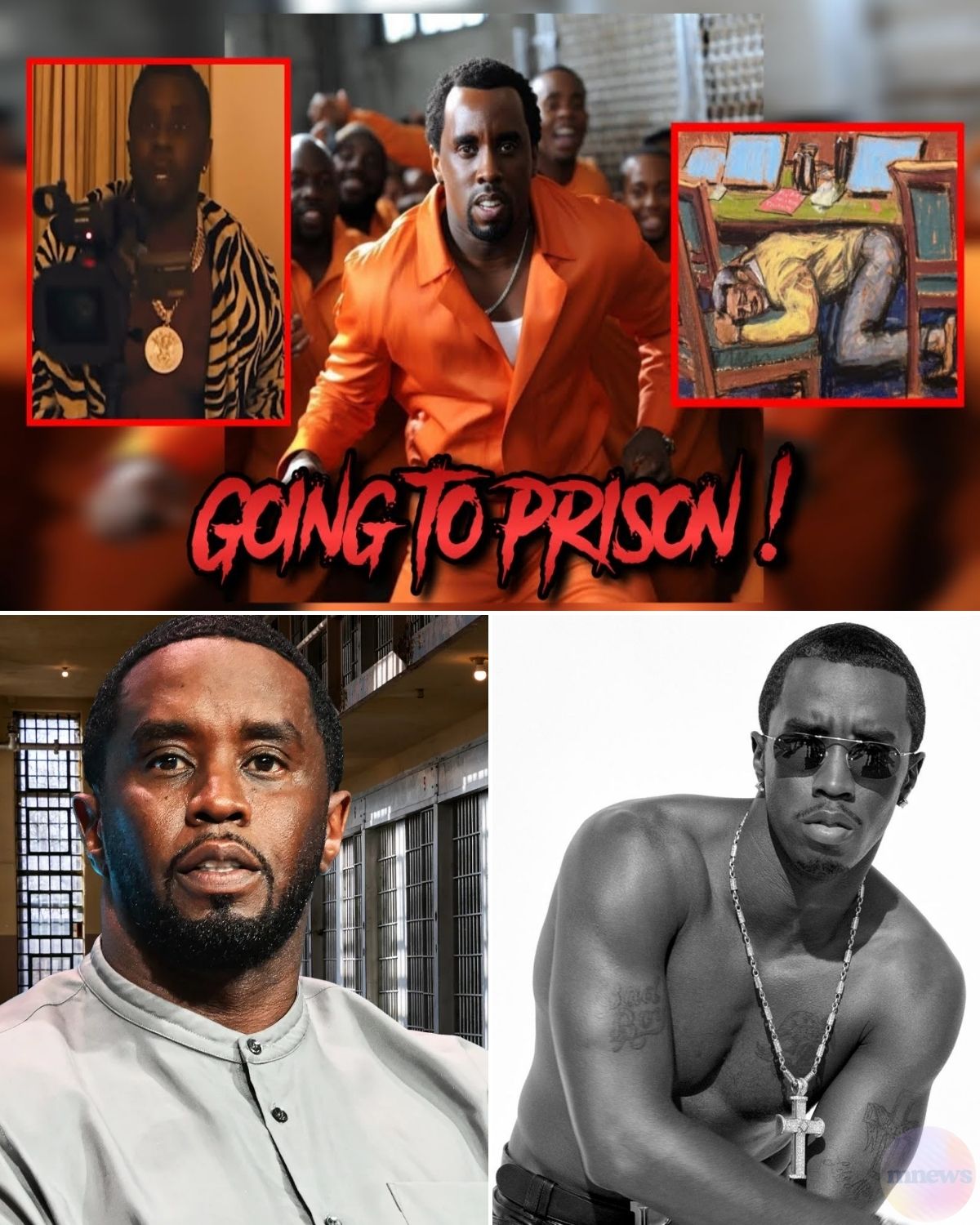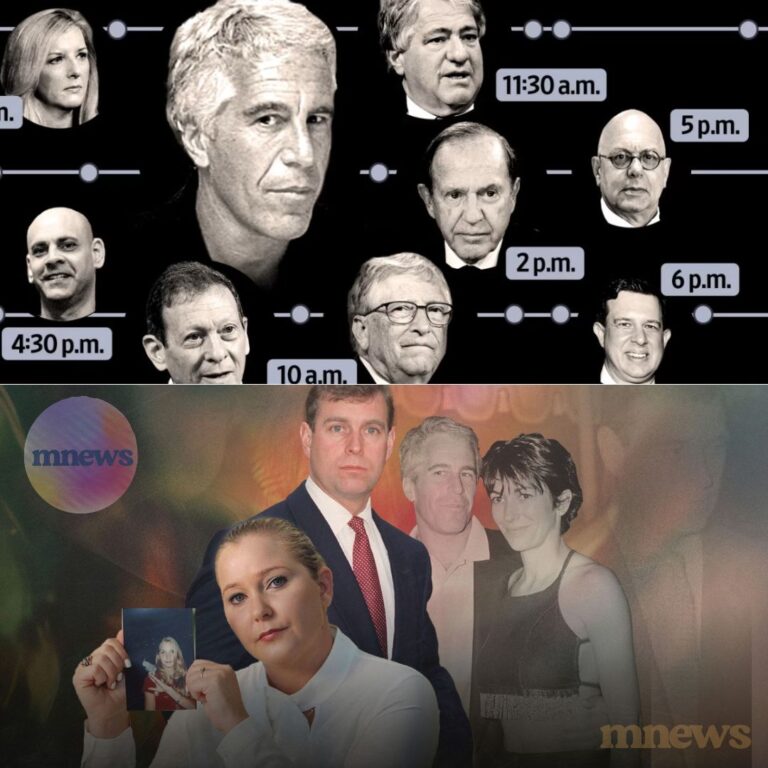In a shocking turn of events, hip-hop icon Diddy has been sentenced to over four years in federal prison, marking a dramatic conclusion to one of the most sensational trials in music history. The verdict comes after Diddy was acquitted of serious charges, including racketeering and sex trafficking, but found guilty of lesser offenses related to the transportation of individuals for prostitution. The courtroom drama unfolded amidst a whirlwind of bizarre allegations, including explosive cars and gunfire, yet the jury’s decision reflected a complex narrative that left many questioning the justice system.

In a heart-wrenching scene, Diddy broke down in tears before the judge, pleading for mercy and claiming he had transformed into a better man. His children even took the stand, imploring the court to consider the impact of their father’s absence on their family, notably their two-year-old sister, who misses her dad every night. Despite federal prosecutors recommending a staggering 11-year sentence, the judge opted for a significantly lighter 50-month term, allowing Diddy to serve just over three years, thanks to time already spent in custody.
But what does life in federal prison look like for a man of Diddy’s stature? Given his relatively minor criminal history, he is unlikely to be sent to a high-security penitentiary. Instead, he could find himself in a low-security facility or even a camp, where the environment is less restrictive and more manageable. Diddy’s celebrity status will undoubtedly afford him a degree of privilege, and with a net worth still hovering between $200 to $400 million, he remains one of the wealthiest inmates in the system.

Inmates with resources often wield significant power inside prison walls. Diddy could potentially navigate his time with ease, maintaining connections to the outside world and possibly even controlling aspects of the prison economy. With access to funds, he may secure luxuries that many inmates can only dream of, from cell phones to other contraband.
While the trial’s outcome has left many dissatisfied, especially given the serious accusations that surrounded Diddy, the legal system ultimately delivered a verdict that could be seen as a victory for the mogul. The four-year sentence, while substantial, pales in comparison to the 30 years he could have faced. Diddy’s time behind bars may serve as a pivotal moment in his life, offering an opportunity for reflection and rehabilitation.
As he prepares to enter this new chapter, the music world watches closely. Will Diddy emerge from prison a changed man, ready to reclaim his throne in hip-hop, or will he struggle to adapt to a life away from the spotlight? Only time will tell, but one thing is certain: the saga of Diddy is far from over. As he embarks on this unexpected journey, fans and critics alike are left to ponder the implications of this high-profile case and its lasting impact on the culture of hip-hop.





